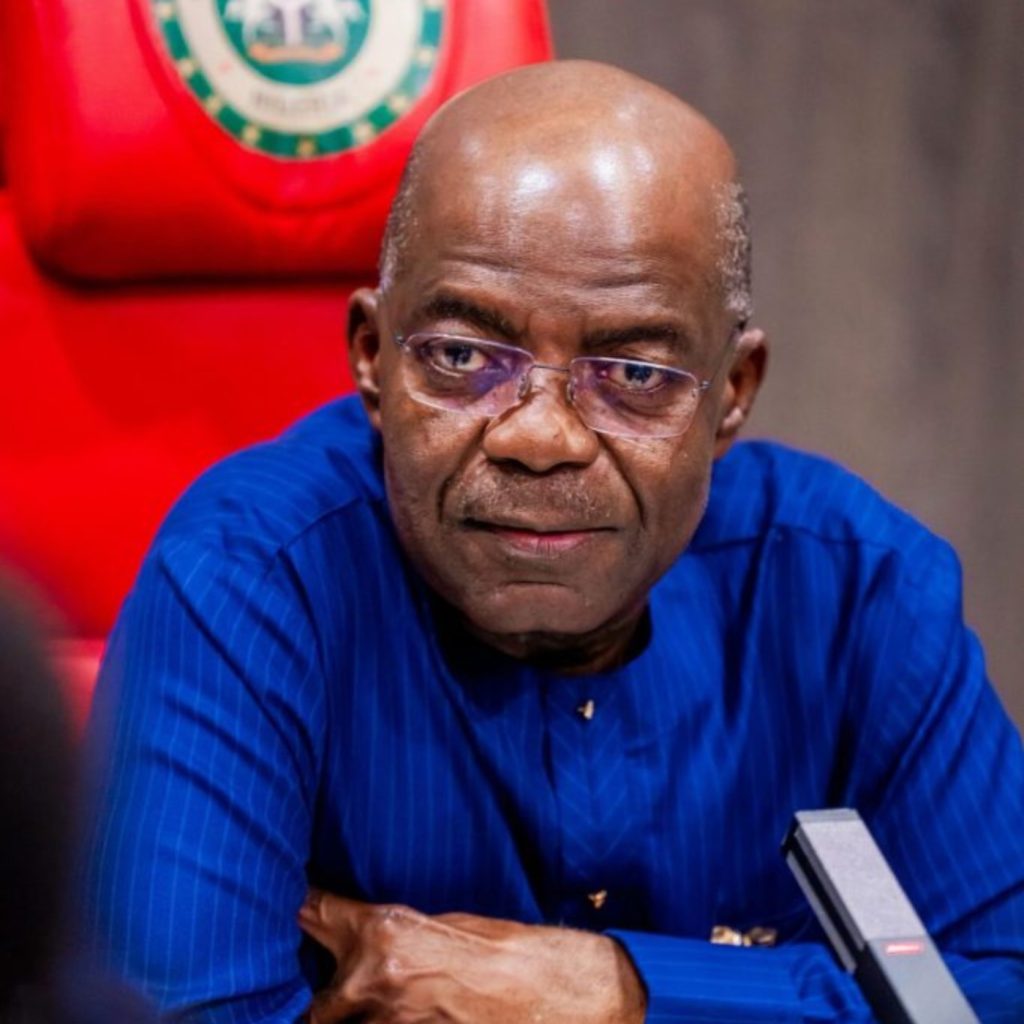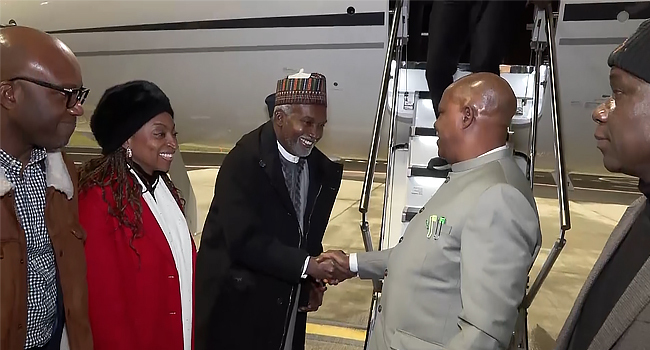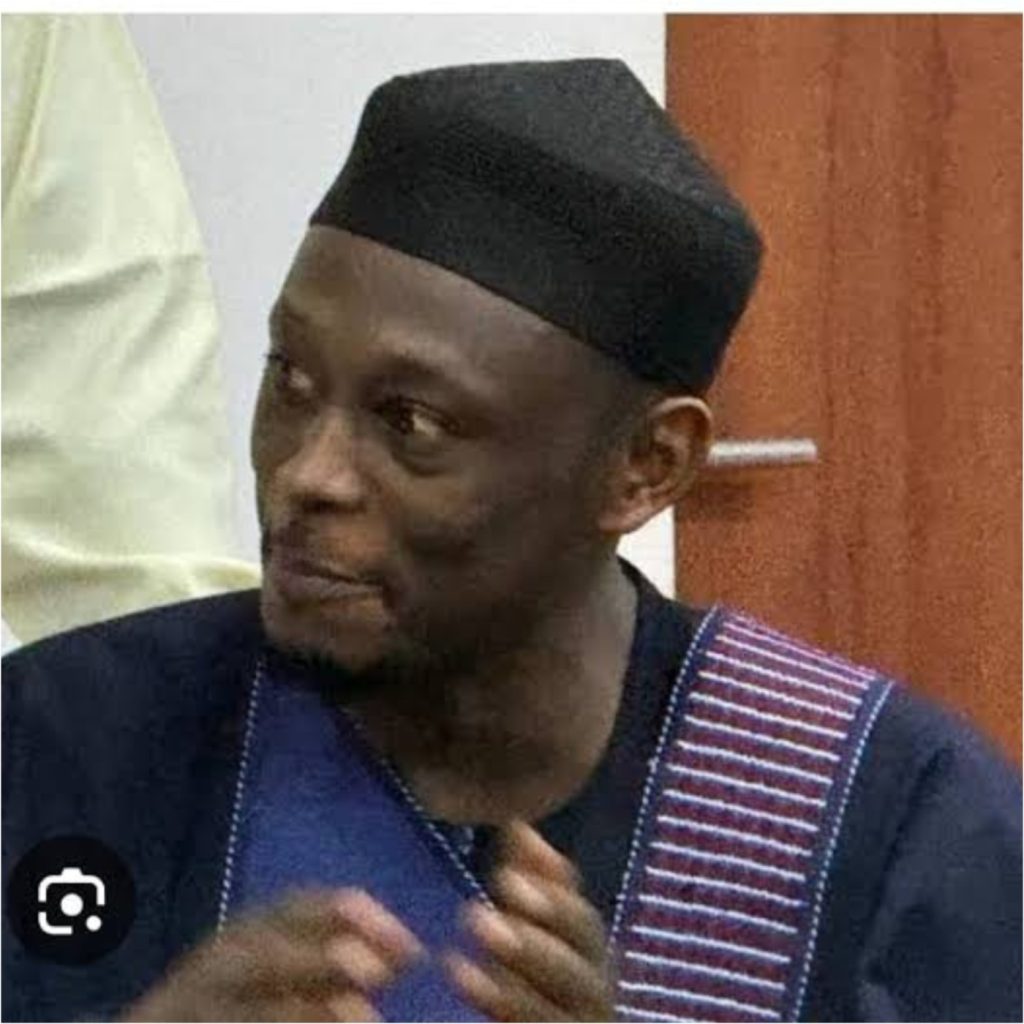The Federal Government of Nigeria has suspended its proposed 15% import duty on petrol and diesel, a move welcomed by public affairs analyst Ezenwa Nwagwu. Nwagwu, who is also the Executive Director of the Peering Advocacy and Advancement Centre in Africa, described the suspension as a major relief for Nigerians, who would have faced a significant increase in fuel prices had the policy been implemented.
The proposed tariff had been met with criticism from various stakeholders, who argued that it would distort competition, drive up fuel prices, and worsen the economic challenges already facing Nigerians. Nwagwu had earlier urged the government to “protect the people, not the monopoly,” emphasizing the need to prioritize the interests of citizens over those of corporations.
The suspension of the proposed duty is seen as a victory for citizens’ voices in the policy process, highlighting the value of participatory governance and evidence-based advocacy. Nwagwu commended the government for taking the right decision, noting that it demonstrates the government’s willingness to listen to citizens and civic actors when they speak with evidence and clarity.
The move is expected to stabilize the petroleum market, curb inflationary pressure, and shield citizens from additional economic hardship. The suspension of the proposed duty will also help to prevent a sharp increase in fuel prices, which would have had a ripple effect on the overall economy.
The development comes after sustained pressure from stakeholders, who had been advocating against the proposed tariff. Nwagwu’s organization, PAACA, had been at the forefront of this advocacy, pushing for a policy that prioritizes the interests of citizens.
The suspension of the proposed import duty on petrol and diesel is a significant development, and its impact will be closely watched in the coming days. As the government continues to navigate the complex landscape of economic policy, it is clear that the voices of citizens and civic actors will play a crucial role in shaping the direction of the country.



